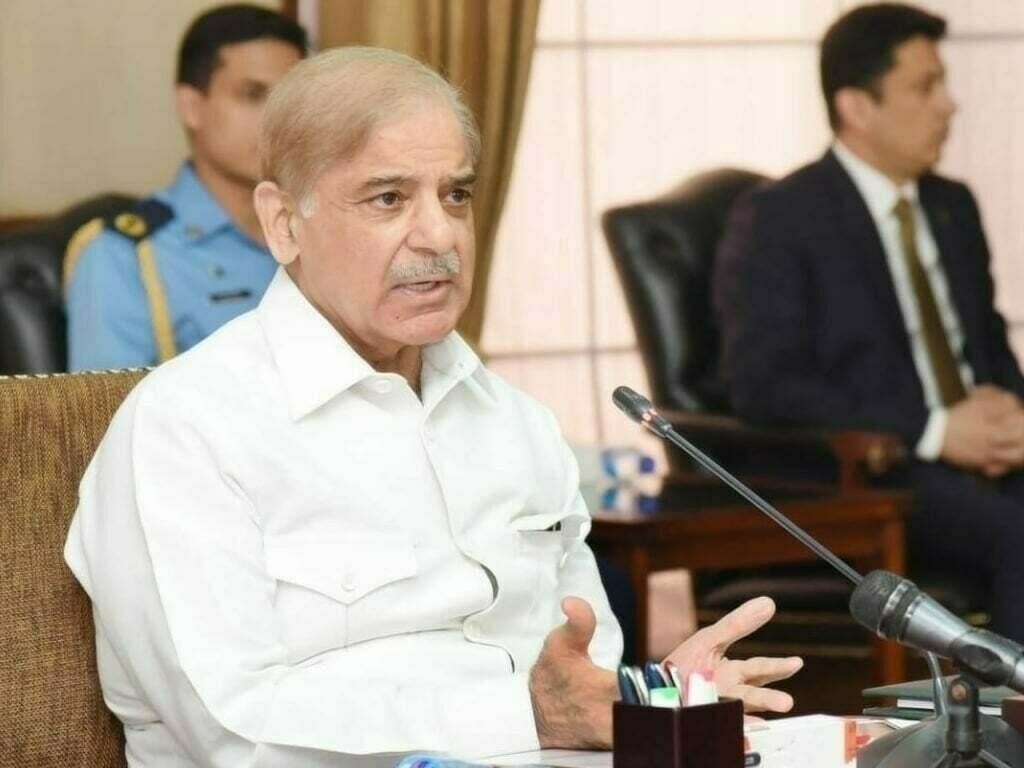The Federal Board of Revenue (FBR) has taken a significant step under the Finance Act 2025 to curb tax evasion and undocumented economic activity in Pakistan. A new provision—Section 114C—has been introduced to classify individuals as eligible or ineligible based on the disclosure of financial resources.
According to Income Tax Circular 1 of 2025, issued by the FBR on Monday, a date will soon be officially notified to enforce this provision. The new law aims to prohibit certain high-value economic transactions by individuals who fail to justify the sources of their income or investments through wealth statements or other financial documentation.
Section 114C, newly added to the Income Tax Ordinance through the Finance Act 2025, defines strict criteria to differentiate between eligible and ineligible persons for specified financial transactions. This move aligns with the government’s broader tax reform strategy and efforts to enhance financial transparency.
To qualify as an eligible person, an individual must have documented sufficient financial resources. These resources must be either:
Declared in the wealth statement or financial statements of the tax year preceding the transaction, or
Disclosed in a statement of source of investment and expenditure filed during the year the transaction is made.
The term “sufficient resources” is central to this new tax regime. As defined in the FBR’s circular, it refers to 130% of the cash and cash equivalent assets. These include:
Cash in Pakistani or foreign currency
Fair market value of gold
Net realizable value of stocks and bonds
Receivables
Any other prescribed cash-equivalent asset
The exchange of capital assets already declared in tax records, the value of these assets—as per the agreement—will also count as part of the available financial resources.
The definition of an eligible person extends beyond the taxpayer. It also includes their immediate family members, such as:
Parents
Spouse
Dependent children
This inclusion is designed to prevent asset and transaction transfers within families to evade tax reporting requirements.
An ineligible person, under this section, will face restrictions on engaging in high-value economic transactions. These include:
Purchase of a motor vehicle with an invoice value exceeding Rs 7 million.
Acquisition or transfer of immovable property with a fair market value over Rs 100 million.
Investment in securities, mutual funds, or similar financial instruments where the acquisition cost exceeds Rs 50 million. However, investment up to Rs 50 million will be allowed only if it is new investment, excluding reinvestment from liquidation or profits.
Cash withdrawal exceeding Rs 100 million from any bank account.
These restrictions aim to deter tax evasion through large-scale cash transactions or unreported investments.
The FBR has clarified that non-resident persons and public companies are exempt from most restrictions under Section 114C. However, the restriction on cash withdrawal exceeding Rs 100 million still applies.
Another important point to note is that the declaration of sufficient resources in the expenditure statement will not be treated as proof of the nature or source of income for the purposes of Section 111 of the Income Tax Ordinance. This clause prevents misuse of expenditure declarations to justify untaxed income sources.
The FBR stated that this provision will come into effect on a date to be notified through an official gazette notification. Tax experts and stakeholders are advised to keep a close watch for this notification, as it will trigger the formal implementation of Section 114C.
This announcement reflects the government’s resolve to tighten the noose around tax non-filers and unregistered wealth, encouraging documentation of the economy.
This move is expected to significantly impact high-net-worth individuals who have so far operated outside the formal tax system. By linking eligibility for major economic transactions to declared wealth and income, the FBR aims to drive compliance and widen the tax net.
Institutions involved in real estate, auto sales, and financial services will also need to enhance due diligence before processing large transactions.




